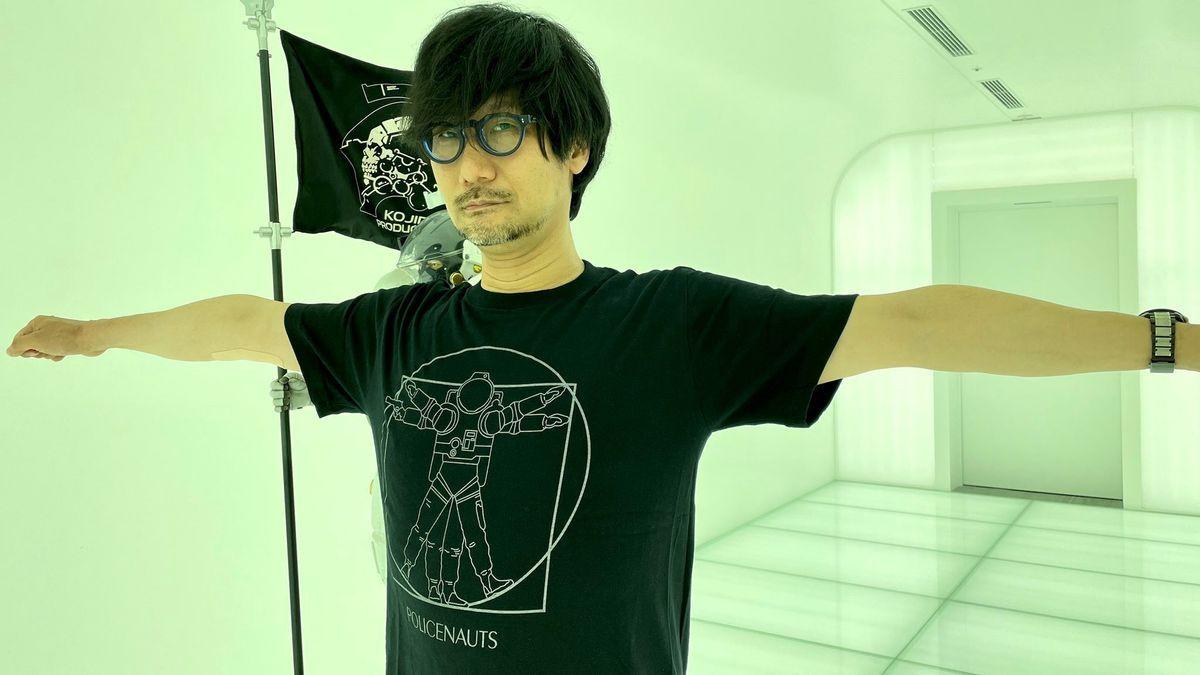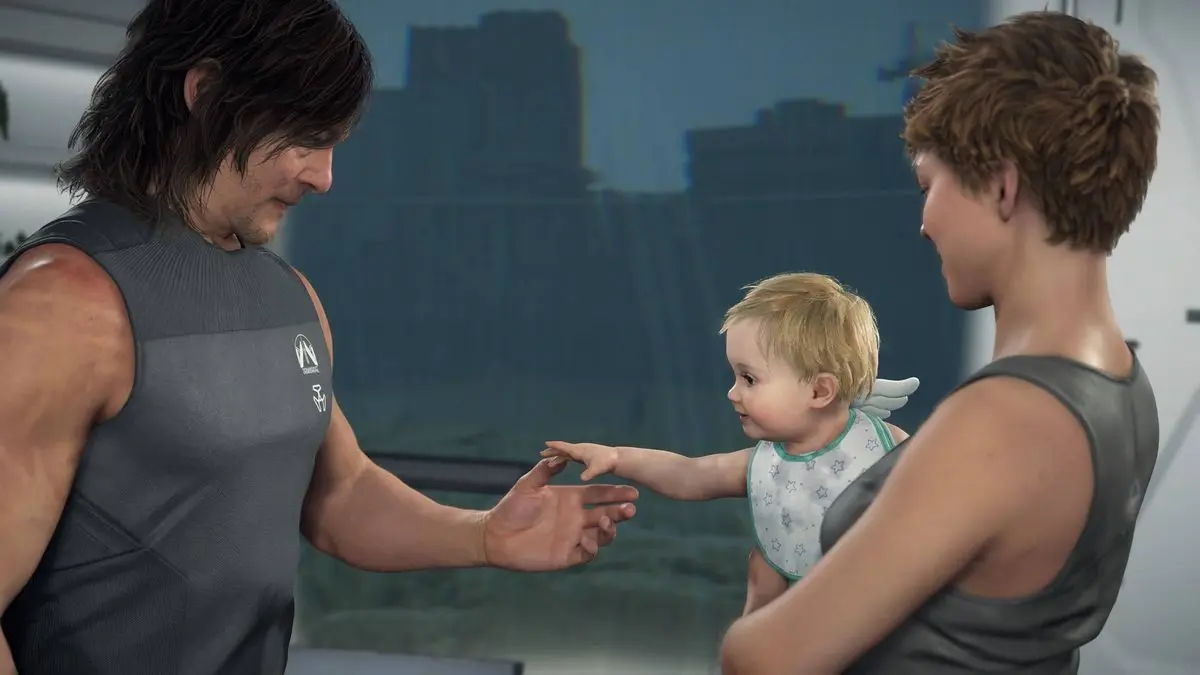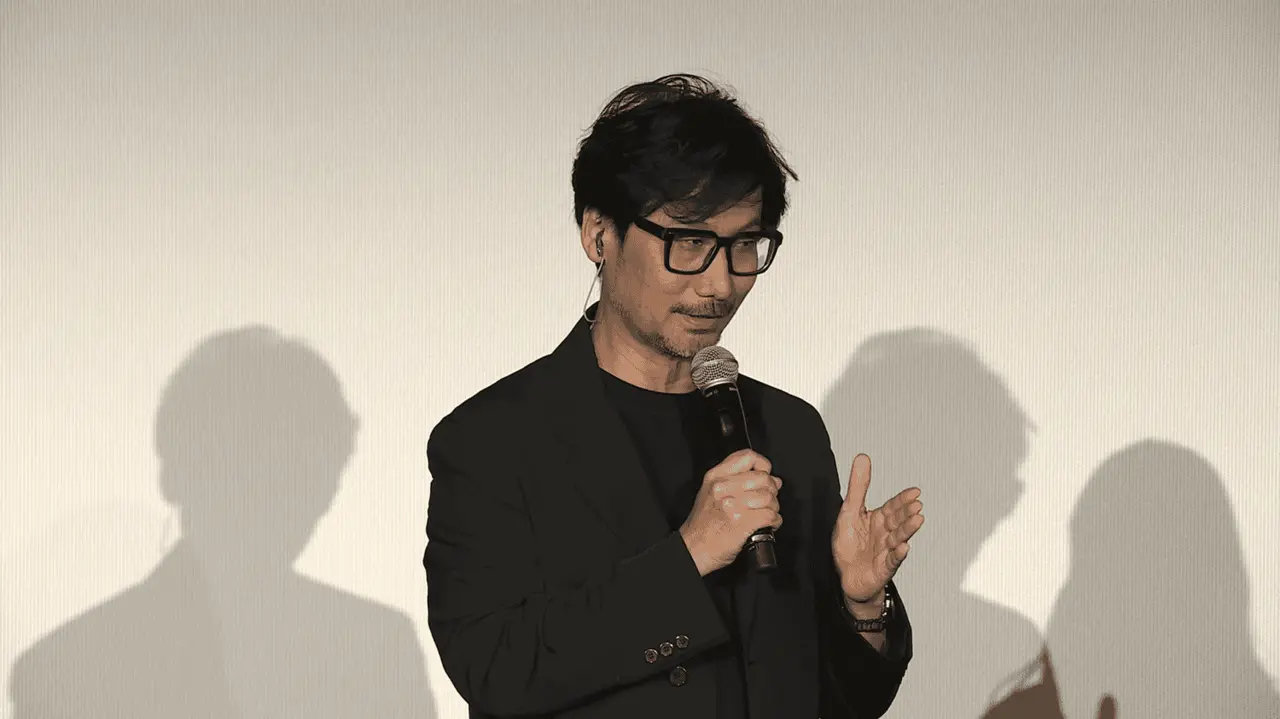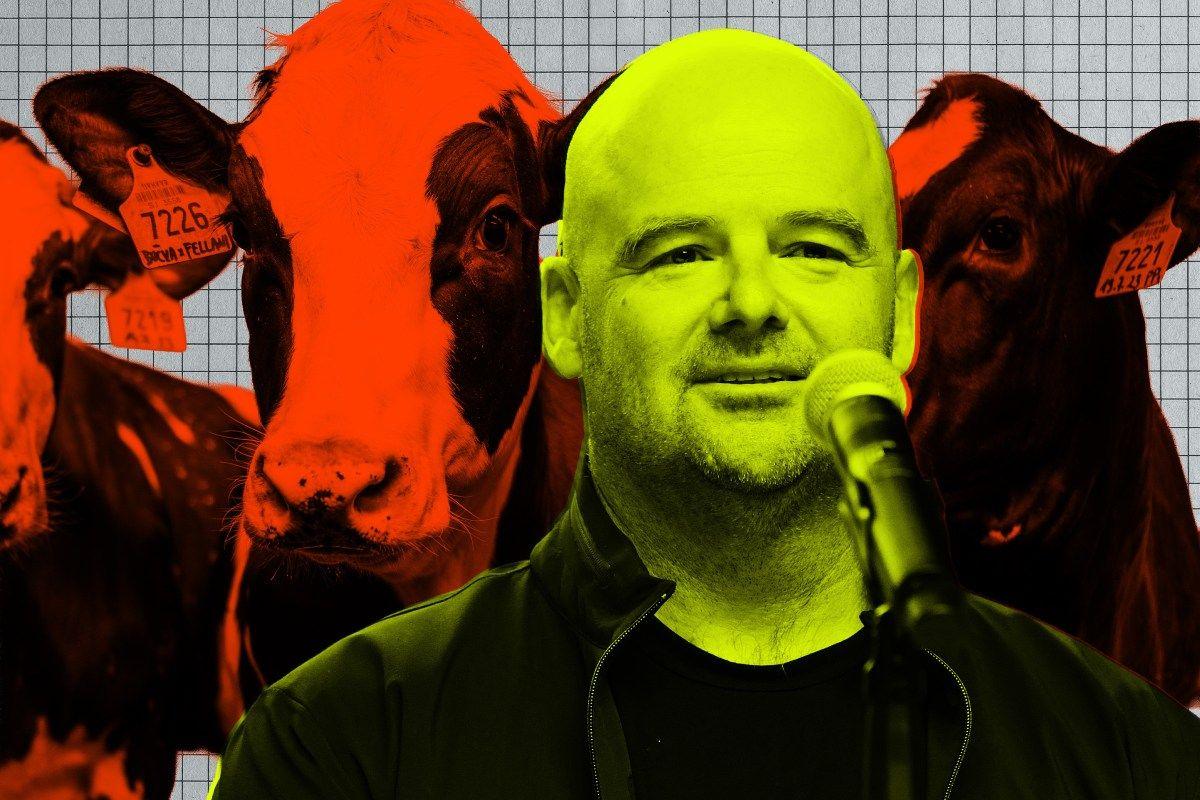Hideo Kojima Warns Against AI Overreliance in Death Stranding 2, Emphasizing Human Experience
2 Sources
2 Sources
[1]
Hideo Kojima goes in hard on AI and is worried we'll all 'be unknowingly led into a predetermined lifestyle'
Death Stranding 2: On The Beach recently released on PlayStation 5 (a PC version is inevitable but yet to be announced) and, wouldn't you know it, Hideo Kojima has seized the chance to go on the interview circuit. As well as being a brilliant maker of games Kojima is also a master of promoting them, and knows how to raise the audience's collective eyebrow: from saying he's bummed out that playtesters were enjoying Death Stranding 2 too much to pontificating on death and declaring "I will not pass on the baton: rather, I will crush the baton." The fawning sometimes gets all-too-much but the reality is that Kojima, for all he knows how to P.T. Barnum things, also possesses the inestimable advantage of having something interesting to say. A longtime Internet obsessive, Kojima has re-framed Death Stranding's ostensible theme of connecting people such that in the sequel the question is now whether "we" should have connected. In a new interview with the Japanese outlet Denfaminicogamer (and spotted by Automaton West) Kojima riffs a little on his previous comments about Covid-19 and the global lockdowns: essentially that it made him think being "too connected" wasn't great. Asked to explain what this phrase means to him, the Koj-cannon is turned on AI in righteous fashion. "Rather than being 'too connected,' I think it's dangerous to make decisions because you're being guided," says Kojima (via an edited machine translation). "I'm not denying technology but, for example, AI on my smartphone introduces me to all kinds of things. I don't like that either. "That's because I think 'coincidences' are necessary in human life. When you wake up in the morning and go to school or work, you might happen across a coffee shop. Or you might meet someone by chance. I think it's a series of such events, and the accumulation of choices, that creates your life. "I worry that by becoming too connected online, we will be unknowingly led into a predetermined lifestyle." Orwell created the idea of "Newspeak" to explain how a dystopian government would control thought: by limiting language itself, and thus the ability to have complex thoughts. How much more insidious a tool these self-inserting, thought-terminating, endlessly verbose AIs that we're being bombarded with could become. Dystopia might be a bit much. But we have travelled fast to be here. OpenAI co-founder Sam Altman recently made the absurd claim he wouldn't have known how to take care of his newborn baby without ChatGPT, and thinks it's just swell that so many young people look to a Large Language Model for life advice (even when that advice is garbage!) "I don't feel like we should do without the Internet now," says Kojima. "It's so convenient. I think we survived the COVID-19 pandemic because of the Internet. But I think it's dangerous to become so dependent on it. I think it's important to consider how you will use convenient technology." Ever the PR master, Kojima says his answer is spoken by a character at the end of Death Stranding 2. "I'd like you to think about my answer. It's a 'choice' of how you want to live your life using this technology." Kojima ties a bow on all of this by emphasising the Earthiness of human reality, the roads travelled and the lives that were changed along the way. But his final shot at AI is the reference to Hawaii, and how he talks about the way another recent fad portrays it. "As long as humans have a physical body, I think they move as individuals... you all have travelled to get here today," said Kojima to the interview audience. "It might be by car, bus, or train, or it might just be a trip back-and-forth, but during that time you'll meet a lot of different people and see a lot of different scenery. "You can go to Hawaii in the metaverse, but it's completely different when you actually go there. First you go to the airport [here], then you get on a plane, and when you arrive there, there are smells and temperatures that you can only experience there. "I think that such adventures add color to my life, so I don't want to lose them."
[2]
Hideo Kojima says he "kind of hates" the AI assistant in his phone, which is why Death Stranding 2's message is that people shouldn't just rely on technology
Hideo Kojima says Death Stranding 2's core message is that humans shouldn't allow AI and the internet to dictate their lives. Kojima loves to put a lot of themes into his games, while Metal Gear Solid 2 can be read as a straightforward spy thriller, it's also a game with a heap of prescient themes about social engineering, meme culture, and pretty much predicted everything about the internet in the decades to come - from fake news, echo chambers, and the prevalence of AI bots. And while not as out there as the second (but technically fourth) Metal Gear Solid, Death Stranding 2 has some things to say too, which Kojima has elaborated on. Speaking to Denfaminicogamer (translated via Automaton and machine translation) Kojima was asked about Death Stranding 2's mantra of "should we have connected?" However, Kojima explained that connection isn't the problem; rather, it's the overuse of these tools that leads to people making their decisions based on algorithms. "It's not that I'm trying to say that technology is bad," Kojima says, adding, "the AI assistant in my phone tries to suggest me a lot of different things - personally, I kind of hate that." Kojima explains, "I believe humans need 'coincidence' in their lives. You wake up in the morning, you go to school, you go to work, and on your way, you enter a café you stumbled upon by chance. Or you meet someone new by chance." Kojima feels these are the things that make people's lives, and that pre-determined algorithmic decisions can't replicate the human experience. Of course, Kojima isn't a technophobe: "I have no intention to say, 'Stop using the Internet.' Because it's really convenient. I also think it is because of the Internet that we were able to survive the Covid pandemic. However, I do believe it may be dangerous to get addicted to it." And considering a MIT study recently found that overuse of ChatGPT may be eroding critical thinking skills, it's hard to argue with Kojima there. If you've beaten Kojima's latest and were a little lost with the long monolgues, you can check out our guide to Death Stranding 2's ending explained. Or if you're still not sold, check out our Death Stranding 2 review.
Share
Share
Copy Link
Renowned game designer Hideo Kojima expresses concerns about AI and technology dependence, using Death Stranding 2 to convey the importance of human experiences and coincidences in life.
Kojima's Stance on AI and Technology
Renowned game designer Hideo Kojima has recently voiced his concerns about the increasing reliance on artificial intelligence (AI) and technology in our daily lives. In a series of interviews promoting his latest game, Death Stranding 2: On The Beach, Kojima expressed worry about the potential dangers of becoming too dependent on AI-driven recommendations and predetermined lifestyles
1
.
Source: PC Gamer
The Importance of Coincidence and Human Experience
Kojima emphasizes the significance of chance encounters and spontaneous decisions in shaping human experiences. He states, "I think 'coincidences' are necessary in human life. When you wake up in the morning and go to school or work, you might happen across a coffee shop. Or you might meet someone by chance. I think it's a series of such events, and the accumulation of choices, that creates your life"
1
.Critique of AI Assistants
The game designer expresses his dislike for AI assistants on smartphones, which constantly suggest and introduce various things. Kojima believes that this level of guidance can be dangerous, potentially leading people into predetermined lifestyles without their awareness
2
.Death Stranding 2's Message

Source: GamesRadar
Kojima reveals that Death Stranding 2's core message revolves around the idea that humans shouldn't allow AI and the internet to dictate their lives. The game questions whether we should have connected so extensively and explores the consequences of over-reliance on technology
2
.Balancing Technology and Human Experience
While Kojima acknowledges the benefits of technology, particularly during the COVID-19 pandemic, he warns against becoming overly dependent on it. He states, "I don't feel like we should do without the Internet now. It's so convenient. I think we survived the COVID-19 pandemic because of the Internet. But I think it's dangerous to become so dependent on it"
1
.Related Stories
The Value of Physical Experiences
Kojima emphasizes the importance of physical experiences and travel, using Hawaii as an example. He argues that virtual experiences in the metaverse cannot replicate the sensory richness of actually visiting a place, including the smells, temperatures, and unique encounters that occur during the journey
1
.Broader Implications
Kojima's concerns align with recent studies, such as an MIT report suggesting that overuse of AI tools like ChatGPT may be eroding critical thinking skills. This highlights the broader implications of AI integration in daily life and the potential risks associated with over-reliance on technology
2
.References
Summarized by
Navi
[1]
Related Stories
Hideo Kojima opposes AI art creation but sees promise in enemy AI and control systems
19 Dec 2025•Technology

PlayStation Co-CEO Hermen Hulst Predicts Dual Demand for AI and Human-Crafted Games
04 Dec 2024•Technology

Rockstar Co-Founder Dan Houser Challenges AI Hype in Gaming Industry
24 Nov 2025•Entertainment and Society

Recent Highlights
1
ByteDance's Seedance 2.0 AI video generator triggers copyright infringement battle with Hollywood
Policy and Regulation

2
Demis Hassabis predicts AGI in 5-8 years, sees new golden era transforming medicine and science
Technology

3
Nvidia and Meta forge massive chip deal as computing power demands reshape AI infrastructure
Technology





